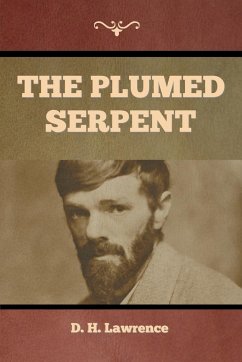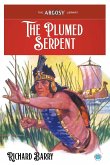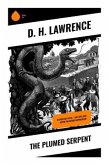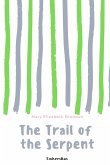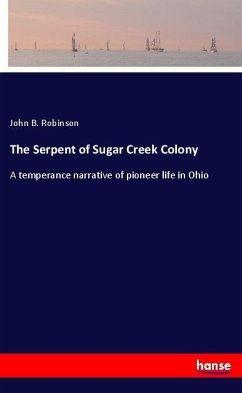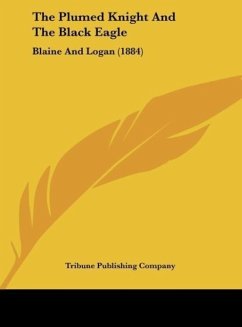The Plumed Serpent is a 1926 political novel by D. H. Lawrence; Lawrence conceived the idea for the novel while visiting Mexico in 1923, and its themes reflect his experiences there. The novel was first published by Martin Secker's firm in the United Kingdom and Alfred A. Knopf in the United States; an early draft was published as Quetzalcoatl by Black Swan Books in 1995. The novel's plot concerns Kate Leslie, an Irish tourist who visits Mexico after the Mexican Revolution. She encounters Don Cipriano, a Mexican general who supports a religious movement, the Men of Quetzalcoatl, founded by his friend Don Ramón Carrasco. Within this movement, Cipriano is identified with Huitzilopochtli and Ramón with Quetzalcoatl. Kate eventually agrees to marry Cipriano, while the Men of Quetzalcoatl, with the help of a new President, bring about an end to Christianity in Mexico, replacing it with Quetzalcoatl worship. The novel received negative reviews. Commentators have characterised it as fascist and an attack on Christianity, and seen it as expressing Lawrence's fears about the decline of the white race and belief in women's submission to men. It has also been interpreted as an expression of his personal political ambition and as having homoerotic aspects. Critics have disagreed about its literary merit. Some have found it inferior to his other work, but others have considered it his greatest accomplishment as a novelist, an assessment shared by Lawrence himself. The novel received attention in Mexico, where its early reception was positive, and it was praised by the poet Octavio Paz. However, this response was later displaced by Mexican post-revolutionary nationalism and post-colonial studies[citation needed]. The Plumed Serpent has been compared to works of Lawrence such as the novels Kangaroo (1923) and Lady Chatterley's Lover (1928) and the essays Sketches of Etruscan Places and other Italian essays (1932), as well as to the work of the poet T. S. Eliot. (wikipedia.org)
Hinweis: Dieser Artikel kann nur an eine deutsche Lieferadresse ausgeliefert werden.
Hinweis: Dieser Artikel kann nur an eine deutsche Lieferadresse ausgeliefert werden.

